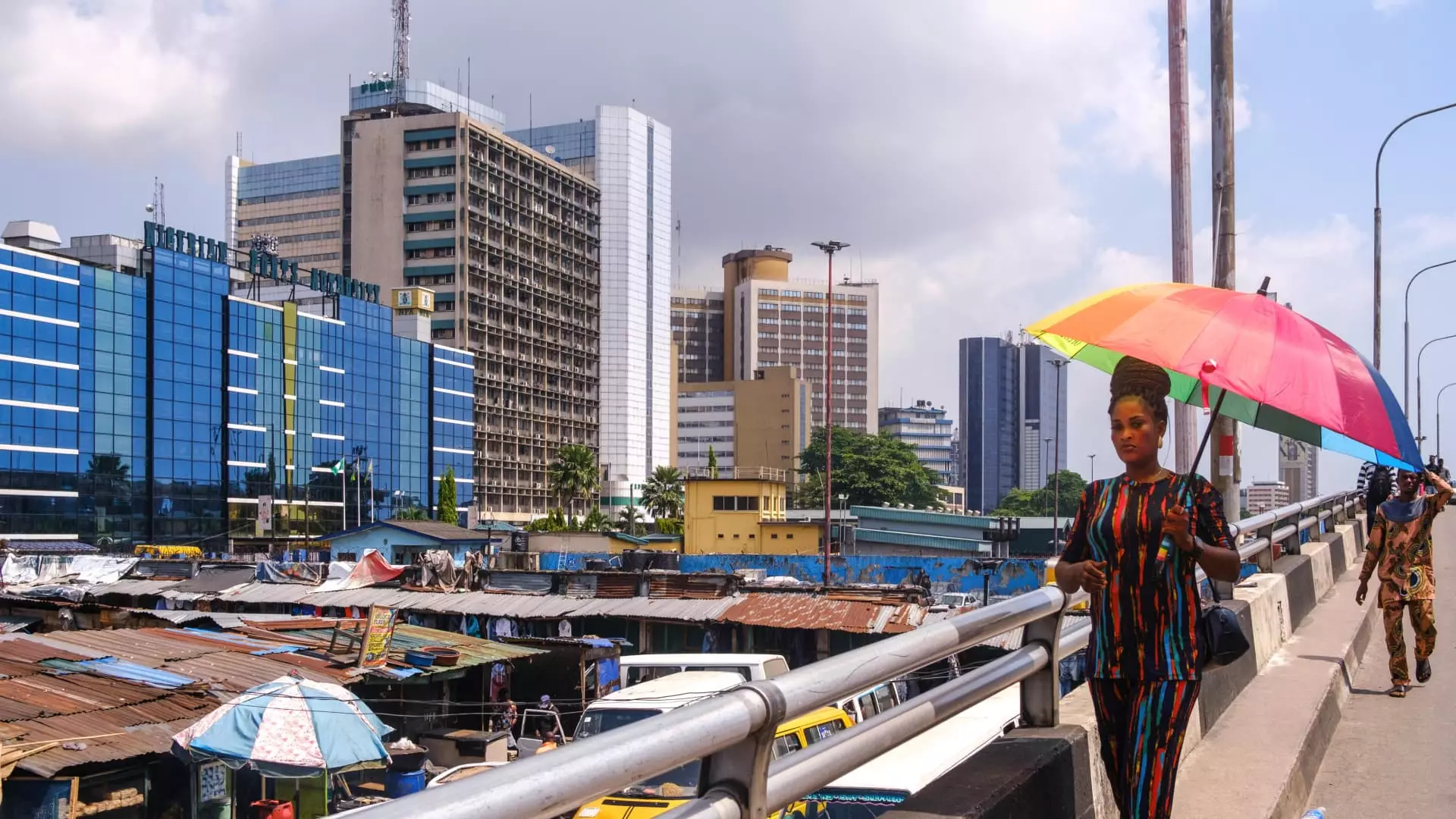The recent decision by the Central Bank of Nigeria to increase its key interest rate by 200 basis points marks a significant step in the country’s efforts to recover from a historic currency crisis and curb soaring inflation. This move comes on the heels of a previous 400 basis point increase earlier this year, demonstrating the central bank’s commitment to addressing the challenges facing Africa’s largest economy.
Driving Factors Behind the Interest Rate Hike
Governor Olayemi Cardoso highlighted the need for continued tightening to rein in runaway inflation during a press conference following the rate hike announcement. The decision was supported by policymakers who are determined to restore the central bank’s credibility and tackle the persistently high inflation rate, which reached 31.7% year-on-year in February – the highest level since April 1996. Despite concerns about the potential impact on growth, the central bank remains steadfast in its fight against inflation, prioritizing economic stability.
Market Response and Future Expectations
Following the interest rate hike, the Nigerian naira experienced fluctuations against the U.S. dollar, reflecting the market’s reaction to the central bank’s monetary policy decisions. While the currency has shown signs of recovery, the ongoing inflation and currency crises continue to present challenges for the Nigerian economy. Economists at Capital Economics anticipate further tightening measures, with an expected 100 basis point increase at each of the upcoming meetings in May and July. This tightening cycle is aimed at stabilizing the economy and restoring investor confidence.
The minutes from the central bank’s previous meeting in February revealed divergent views among members of the Monetary Policy Committee regarding the drivers of inflation and the weakness of the naira. Despite differing opinions, the committee ultimately agreed on a 400 basis point rate hike, with Governor Cardoso advocating for a more substantial increase. The discussions within the committee underscore the complexities of managing monetary policy in a challenging economic environment.
As Nigeria grapples with inflationary pressures and currency volatility, the central bank faces the dual task of stabilizing the economy while promoting growth. The delicate balance between controlling inflation and supporting economic expansion requires a nuanced approach to monetary policy. By closely monitoring key economic indicators and engaging in data-driven decision-making, policymakers can navigate the complexities of the current economic landscape and steer the country towards sustainable recovery.
Nigeria’s recent interest rate hike is a pivotal step towards addressing the country’s economic challenges and fostering a path to recovery. While the road ahead may be fraught with uncertainties, the central bank’s proactive measures reflect a commitment to stability and growth. By staying attuned to market dynamics and implementing targeted policy interventions, Nigeria can navigate the current economic turbulence and emerge stronger on the other side.

Leave a Reply